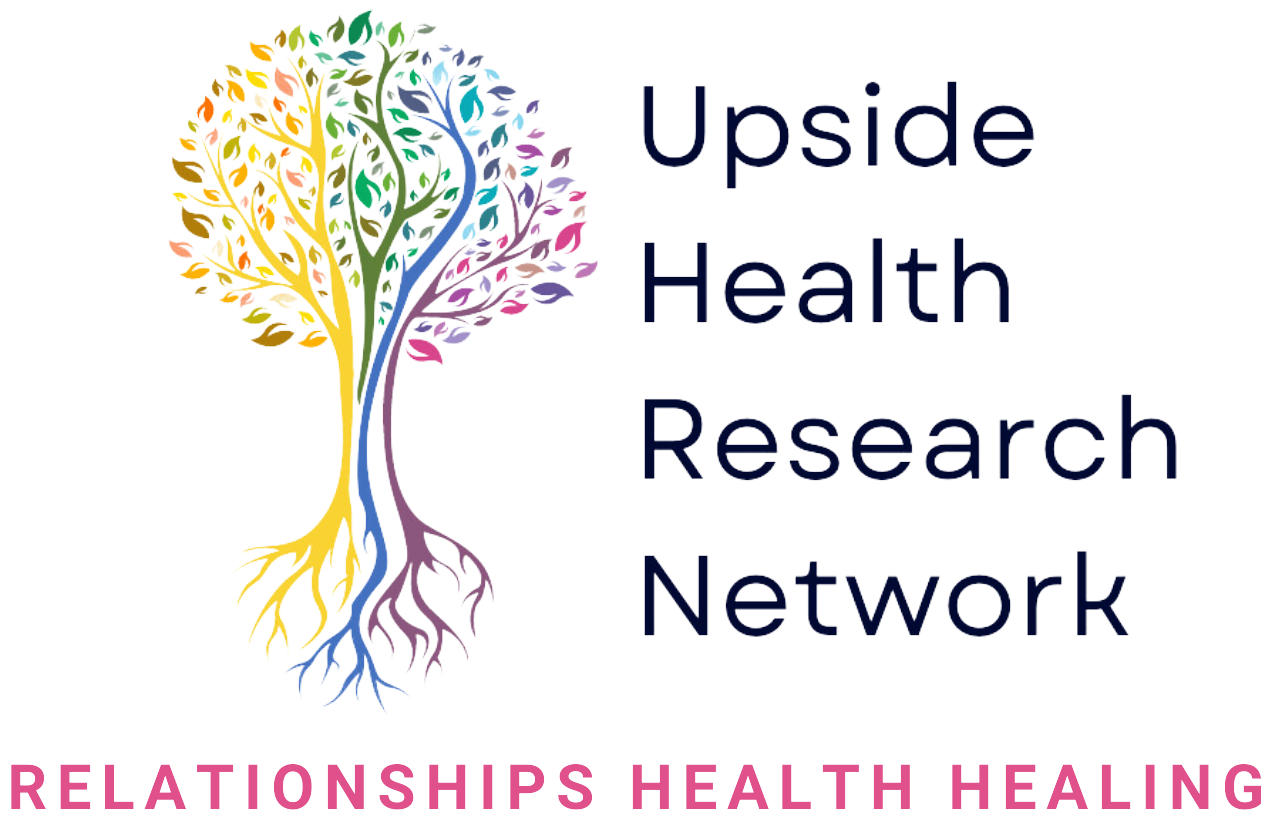SOCIAL SUPPORT AND HEART HEALTH
3 min read #765 words
Discover how social support and heart health are connected. Learn interventions to enhance patient care.

Social Support and Heart Health
Impact of Emotional Support
Emotional support is like a secret weapon for your heart. Research shows that feeling loved and supported can actually help you live longer. For example, Reblin & Uchino (2008) found that social support played a positive role with older woman on dialysis. It’s like having a protective shield against life’s health challenges.
In addition to the potential of lengthen your years on the planet. Emotional support doesn’t just make you feel good; it can also boost your heart’s health by improving things like cholesterol levels. People who feel emotionally supported tend to have higher levels of HDL cholesterol, the good kind that helps keep your heart ticking smoothly. This is partly because they might be more active and enjoy a glass of wine now and then.
| Population | Impact of Emotional Support |
|---|---|
| Elderly Women | Reduced mortality |
| Dialysis Patients | Reduced mortality |
| General Population | Increased HDL cholesterol levels |
Want to know more about how emotional support can be your heart’s best friend? Check out our article on emotional support and cardiovascular benefits.
Role of Social Integration
Being socially active isn’t just fun; it can be a lifesaver. Joining in social activities and feeling like you belong can lower your risk of dying from diseases like diabetes, high blood pressure, and heart attacks (Reblin & Uchino, 2008). But what if I like being alone? If you have more of a lone wolf personality, someone who likes being solitary, it’s alright. Not many relationships are needed to support health. Just a few authentic relationships can help reduce loneliness and support overall well-being.
Having a strong social network can also cut down your chances of getting coronary heart disease and having strokes. Folks with weak social ties are 30% more likely to face these heart troubles. So, making friends and staying connected is not just good for your mood; it’s good for your heart too.
| Condition | Impact of Social Integration |
|---|---|
| Diabetes | Reduced mortality |
| Hypertension | Reduced mortality |
| Acute Myocardial Infarction | Reduced mortality |
| Coronary Heart Disease | 30% lower risk |
| Stroke | 30% lower risk |
Curious about how social connections can keep your heart healthy? Dive into our article on social relationships and cardiovascular health.
By grasping how emotional support and social integration work their magic, health pros can guide patients toward better heart health through stronger social bonds. For more tips, check out our articles on emotional well-being and heart health and social isolation and cardiovascular health.
Enhancing Social Support
Interventions for Cardiovascular Patients
When it comes to heart health, having a solid support system can make a world of difference. Studies show that being part of support groups and learning psychosocial skills can boost how satisfied folks feel with their support, improve their quality of life, and even help with depression. This is especially true for those dealing with chronic illnesses like heart disease.
For people with heart issues, having a good support network can mean fewer trips back to the hospital, better survival rates, and less depression. In fact, not having social support can be as risky as smoking when it comes to mortality, which just goes to show how important our social ties are for keeping our hearts ticking.
| Intervention Type | Benefits |
|---|---|
| Support Groups | Feel more supported, live better, less depression |
| Psychosocial Skill Training | Cope better, feel emotionally stronger |
| Social Determinants of Health Integration | Predict risks better, care for the whole person |
Having a strong social circle is linked to better outcomes in many areas, like where you go after leaving the hospital, sticking with rehab, avoiding rehospitalization, and even survival. People with good social networks often end up in more independent living situations and have better chances of surviving after heart events.
Benefits for Support Providers
It’s not just the folks getting the support who benefit; those giving it get a lot out of it too. Being there for someone can boost the emotional well-being of the support providers, giving them a sense of purpose and fulfillment. This give-and-take relationship highlights why keeping social connections strong is so important for heart health.
Support providers often find their stress levels drop and their mental health improves, which is key for their own heart health. By being involved in the care and support of heart patients, they create a positive cycle that helps everyone involved.
For more on how social ties and heart health are connected, check out our articles on social relationships and cardiovascular health and emotional well-being and heart health.
In short, boosting social support through specific interventions and recognizing the perks for those providing support are crucial for better heart health outcomes. By building strong social networks and weaving social factors into care plans, we can take a more complete approach to keeping hearts healthy.
References
Clayton, C., Motley, C., & Sakakibara, B. (2019). Enhancing Social Support Among People with Cardiovascular Disease: a Systematic Scoping Review. Current cardiology reports, 21(10), 123. https://doi.org/10.1007/s11886-019-1216-7
Reblin, M., & Uchino, B. N. (2008). Social and emotional support and its implication for health. Current opinion in psychiatry, 21(2), 201–205. https://doi.org/10.1097/YCO.0b013e3282f3ad89
